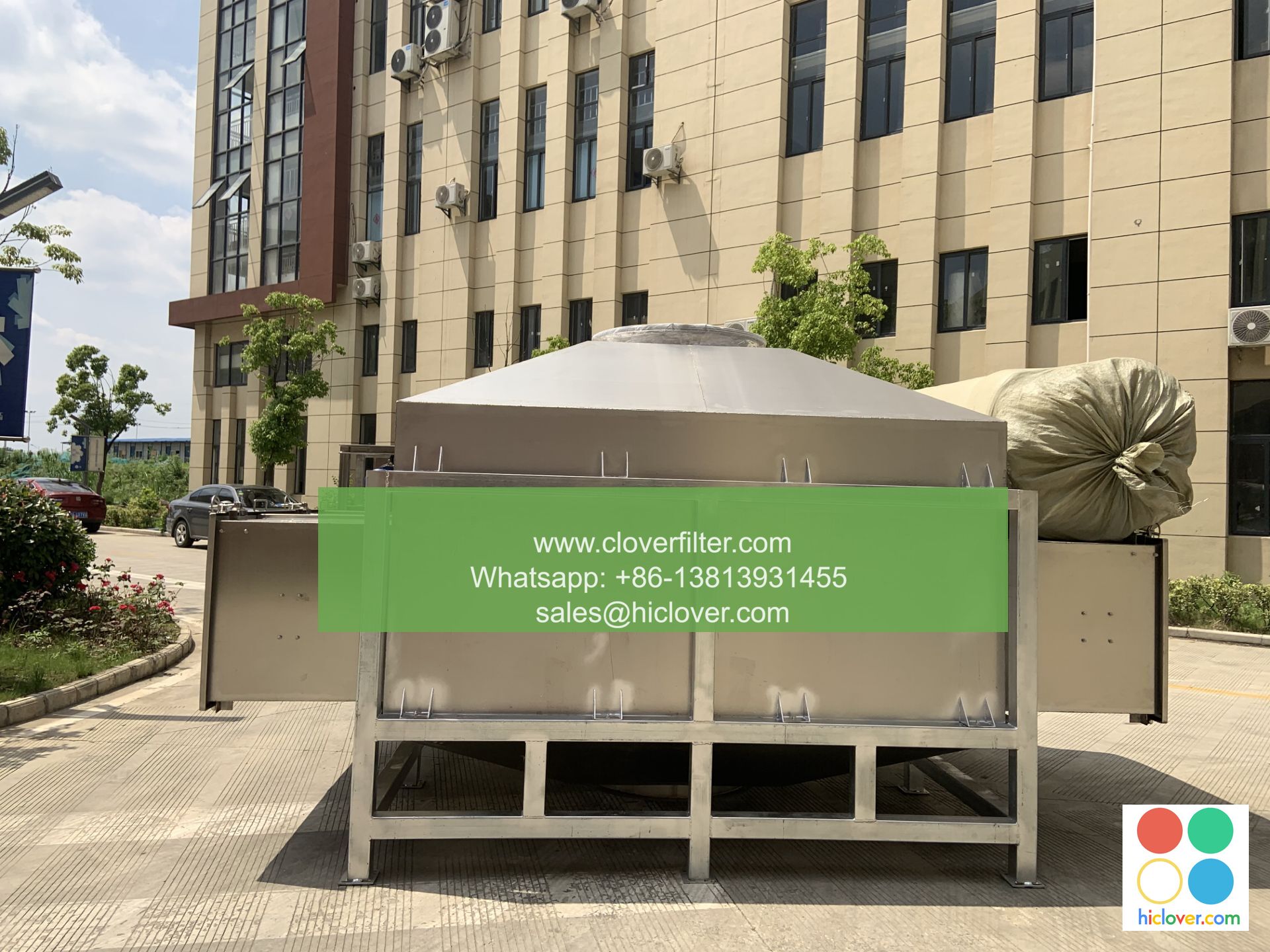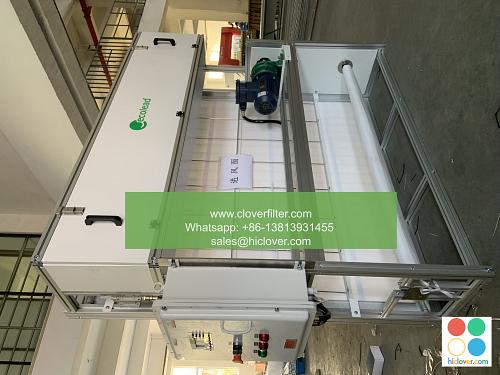Product Testing and Evaluation: A Key Step in Air Filter Certification

Air filter certification is a crucial process that ensures the quality and performance of air filters used in various applications, including industrial filtration, commercial HVAC systems, and residential air purification. One of the key steps in this certification process is product testing and evaluation, which helps to verify the filter’s efficiency, durability, and overall performance. In this article, we will delve into the importance of product testing and evaluation in air filter certification, highlighting various application areas and key considerations.
Why Product Testing and Evaluation is Crucial
Product testing and evaluation is essential in air filter certification as it helps to ensure that the filter meets the required standards and specifications. This involves laboratory testing and field testing to assess the filter’s performance in various environmental conditions and operational scenarios. The testing process typically involves evaluating the filter’s efficiency, pressure drop, flow rate, and durability, among other key performance indicators.
Application Areas for Air Filter Certification
Air filter certification is applicable to various industries and application areas, including:
* Industrial filtration: air filters used in manufacturing processes, chemical processing, and pharmaceutical production
* Commercial HVAC systems: air filters used in office buildings, schools, and hospitals
* Residential air purification: air filters used in home air purification systems and portable air cleaners
* Aerospace and defense: air filters used in aircraft and defense systems
* Automotive: air filters used in vehicle air intake systems and air conditioning systems
Key Considerations in Product Testing and Evaluation
When conducting product testing and evaluation for air filter certification, several key considerations must be taken into account, including:
* Test standards and protocols: adherence to established test standards and protocols, such as ASHRAE and ISO
* Test equipment and instrumentation: use of calibrated and validated test equipment and instrumentation
* Sample selection and preparation: selection of representative filter samples and preparation for testing
* Data analysis and interpretation: accurate analysis and interpretation of test data to ensure reliable results
Benefits of Product Testing and Evaluation
The benefits of product testing and evaluation in air filter certification are numerous, including:
* Improved product quality: ensures that air filters meet the required standards and specifications
* Increased customer confidence: provides assurance that air filters will perform as expected
* Reduced risk of product failure: helps to identify potential defects or performance issues before product release
* Enhanced competitiveness: demonstrates a commitment to quality and performance, enhancing market competitiveness
In conclusion, product testing and evaluation is a critical step in air filter certification, ensuring that air filters meet the required standards and specifications for various application areas. By highlighting the importance of laboratory testing and field testing, and emphasizing key considerations such as test standards and protocols, we can ensure that air filters perform optimally, providing clean and healthy air for various industries and applications. It seems like you didn’t provide a prompt or question for me to respond to. Could you please provide more context or clarify what you would like to discuss? I’m here to help with any questions or topics you’d like to explore.

